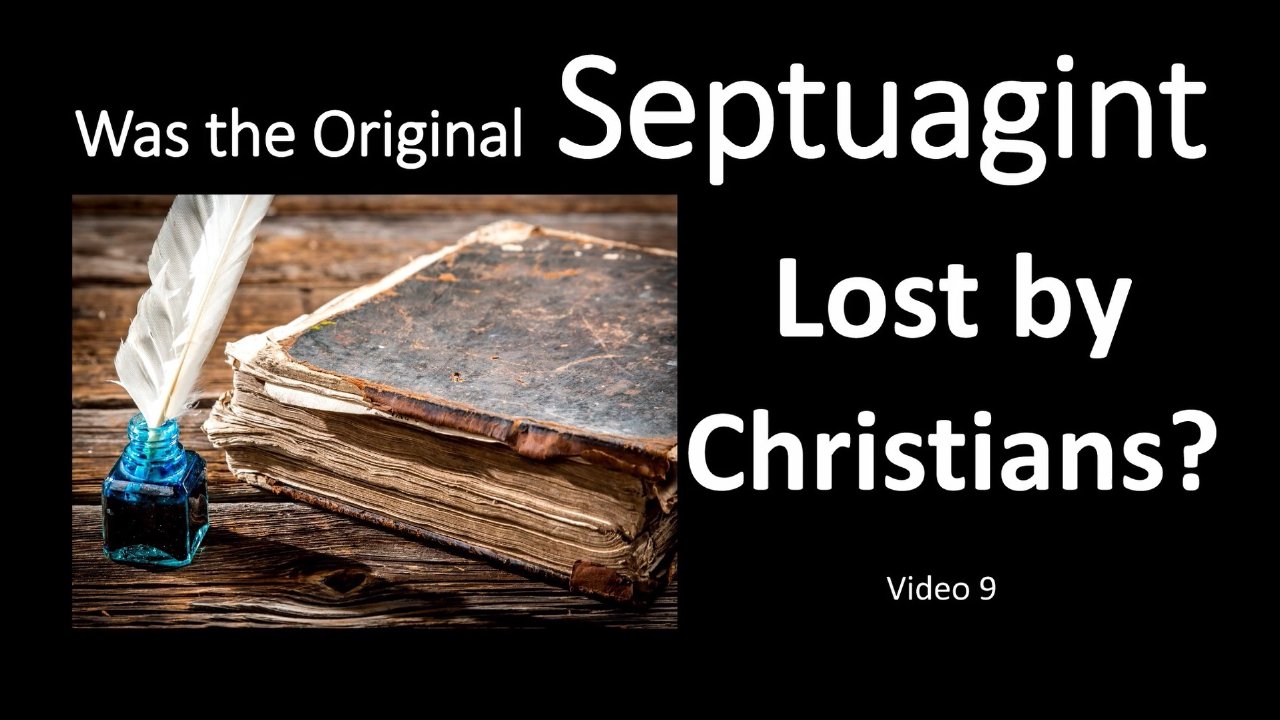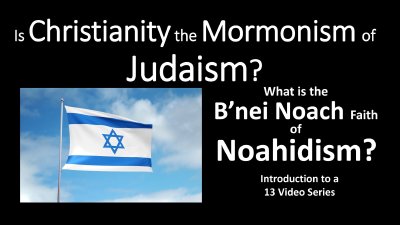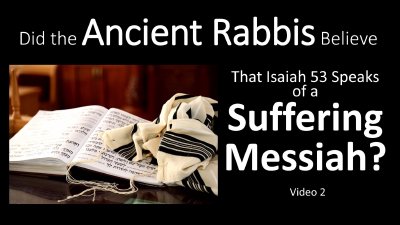As with all manuscripts of antiquity, all of the original texts of both the Hebrew Old Testament Bible, the Greek New Testament manuscripts and the original Greek Septuagint have been lost due to Roman persecution and textual deterioration over time. Hence, the only way any of these ancient manuscripts have been preserved has been through the process of handwritten copies being made of the text and distributed.
Just as Jewish Hebrew manuscripts of the Old Testament underwent textual analysis and “editing” through the manual process of comparing and compiling the handwritten copies into what is now called the Masoretic Hebrew text of the Old Testament in the 7th century, so the Septuagint, used by the New Testament writers when quoting the Old Testament, has undergone textual compiling (editing) by early Christian church fathers of the 3rd and 4th centuries to include Origen’s Hexapla, which was a six-volume, critical word-for-word comparison of the Hebrew Old Testament with the text of the Greek Septuagint.
With the discovery of the Dead Sea Scrolls dated from the 3rd century BCE to the 1st Century CE, scholars have learned that only 35% of the Hebrew manuscripts actually support the unique renderings of the current Jewish Masoretic Hebrew Bible, while 65% support variations of these readings with many supporting different textual families, to include the Septuagint and other ancient translations of the Old Testament.
Hence, the Jewish rabbi Tovia Singer's assertion that Christians of the early church distorted the text of the Greek Septuagint when “editing” (compiling) these manuscripts for further distribution are clearly unfounded as differences in the Hebrew manuscripts seem to be supportive of many of these different readings.

09 Was the Original Septuagint Lost by Christians?
Did Christians Change the Septuagint When They Were Editing It?
Christina R Darlington






